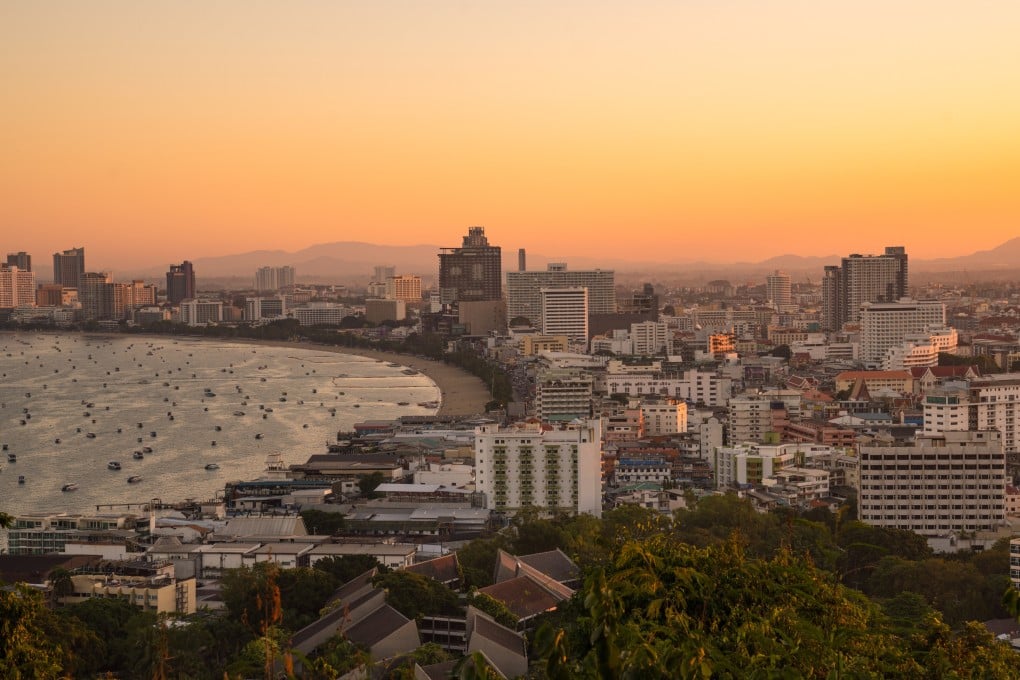Destinations known | Should Thailand’s sex capital ready itself for a ‘Chinese takeover’? Pattaya paper forecasts 5 possible post-pandemic futures for the city
- An influx of Chinese money is one scenario the Pattaya Mail sees, reporting that Chinese investors are eyeing local hotels hit hard by the pandemic
- The city is hoping to follow in the footsteps of Phuket and Samui by reopening to international tourists in the near future

Whether it liked it or not, pre-pandemic Pattaya was synonymous with sex tourism. But when Thailand closed its borders in March 2020, “The country’s tourism industry – which is entwined with the sex worker industry – collapsed”, American media organisation NPR reported in February.
Eighteen months into the pandemic and Pattaya is reportedly unrecognisable. In a follow-up interview with NPR, one of the sex workers featured in the February report spoke about having no choice but to leave the city because she was unable to make money: “I lived in Pattaya for [six years] and never thought that Pattaya would become a deserted city. Pubs and bars that were always lit up at night are now shut down. The beach is lonely without tourists […] When I think about it, my heart aches.”
So, what will become of post-pandemic Pattaya? Local English-language newspaper the Pattaya Mail has forecast five possible futures for the city: “the zombie apocalypse”, “the good old days”, “only for the rich”, “the Chinese takeover”, “the satellite city”.
In the first scenario, described by the Pattaya Mail as an “ultra-pessimistic view”, the only people remaining in the city will be a “crowd of bored expats who can’t find anything to do now that alcohol has been closed off as an avenue of communal pleasure” – Aka, the zombies. If that doesn’t sound hellish, we don’t know what does.

The second possibility sees a return to form for Thailand’s sex capital. “Pattaya is good only for one thing – selling sex – which will return once the virus decides to call it a day and the bars and clubs reopen,” the newspaper hypothesises, before immediately putting forward the notion that sex tourism had been on the decline before the coronavirus struck, as visitor demographics changed from single, white Western men to families from China and India.
